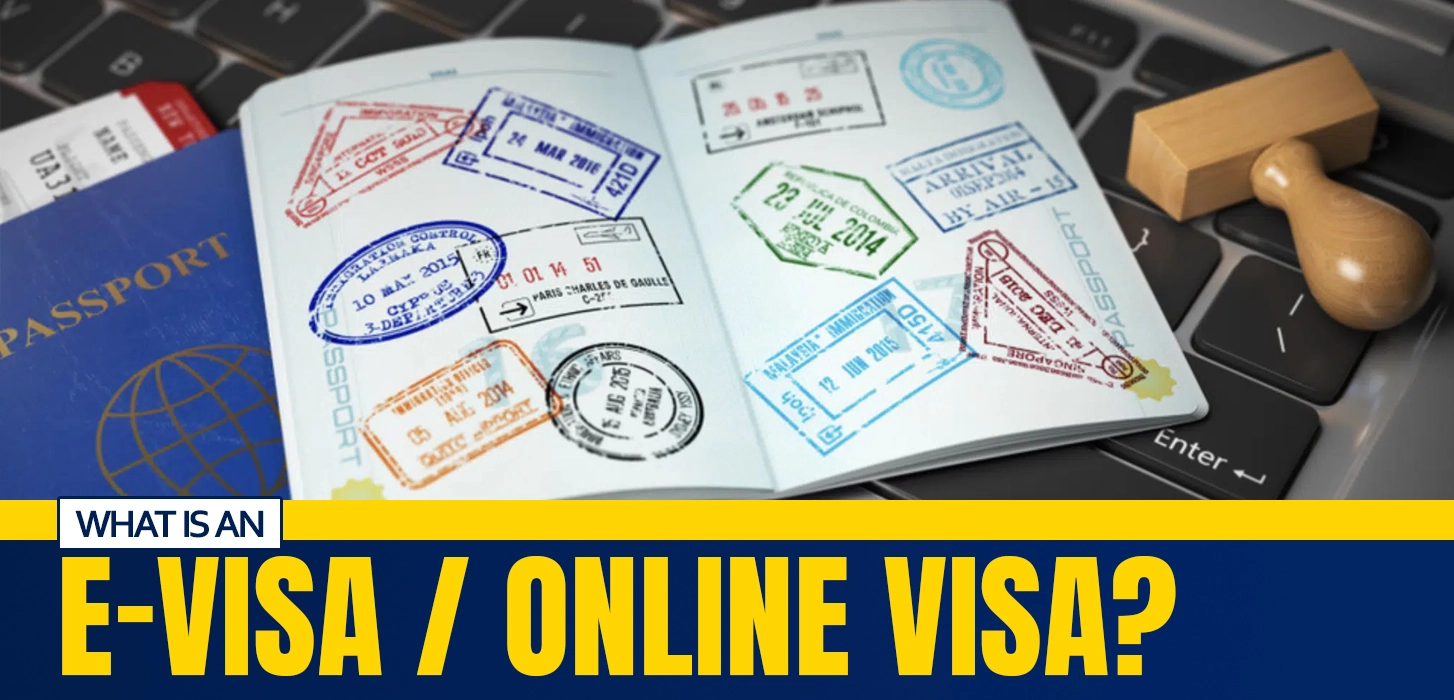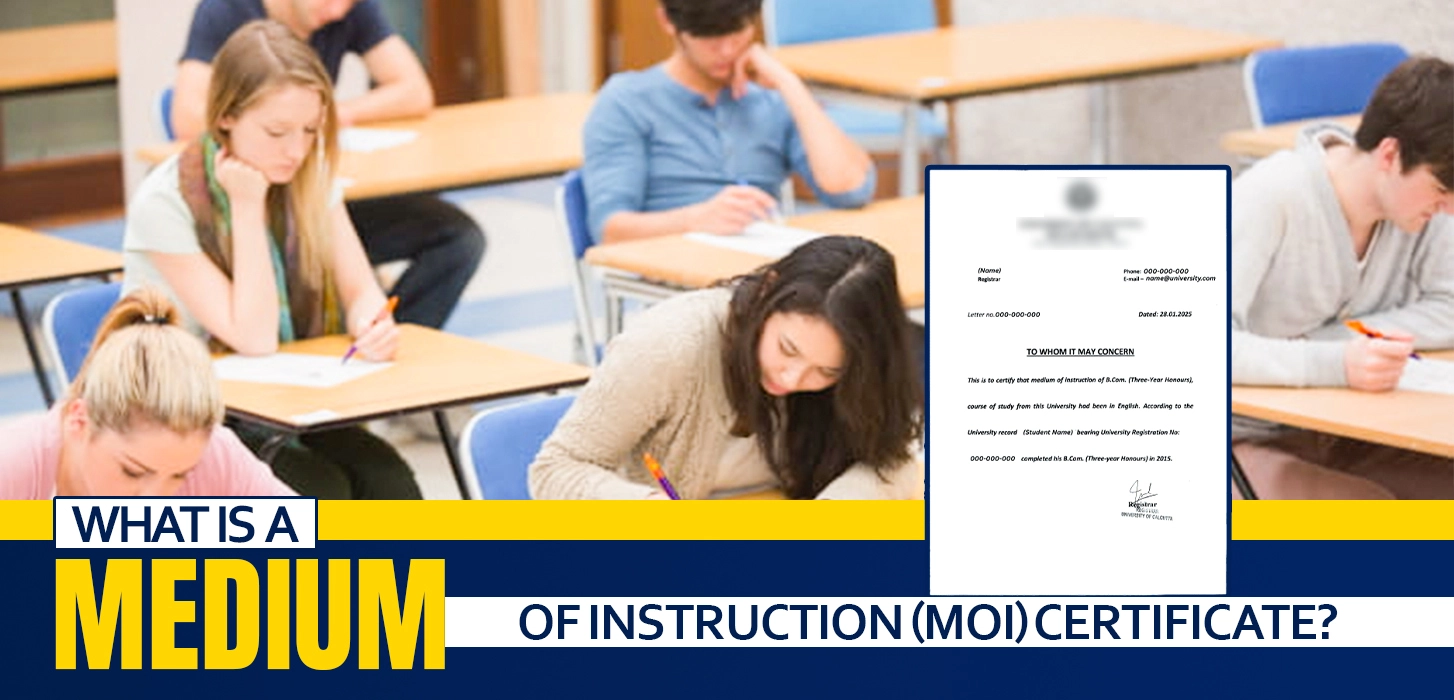Importance of Recommendation Letters in MBBS Admissions
Applying to MBBS programs is a demanding and competitive process, where every application component plays a vital role, especially letters of recommendation. These letters offer more than just academic proof, they reveal your character, work ethic, and suitability for a MBBS career. A compelling recommendation can confirm your strengths, highlight your passion for healthcare, and, as educational consultants often point out, distinguish you from other candidates. Strong endorsements from trusted mentors or professors can significantly enhance your application, whether you’re applying domestically or internationally. In this blog, you will explore the importance of recommendation letters in securing admission to your desired MBBS program.
What is a Letter of Recommendation?
A letter of recommendation is a formal written statement from someone who can vouch for your abilities, character, and potential. In MBBS admissions, it helps the selection committee understand your academic dedication, work ethic, and suitability for a medical career beyond what transcripts and test scores can show.
- Written by someone who knows the applicant professionally or academically
- Highlights academic performance, personal qualities, and relevant achievements
- Offers insight into the applicant’s potential for success in medical school
- Supports applications for MBBS programs, scholarships, internships, or research roles
- Commonly written by professors, mentors, supervisors, doctors, or researchers
Why Recommendation Letters Matter for MBBS Applicants
Recommendation letters play a crucial role in MBBS admissions by providing a credible, personalized evaluation of a student’s academic abilities, character, and medical potential.
Adds a Human Touch to Your Application
Academic records show numbers; recommendation letters tell your story. They help admission officers understand the following:
- How you interact in academic settings
- Your dedication to science and medicine
- Personal traits like empathy, resilience, and teamwork
Validates Your Academic and Clinical Abilities
Medical schools want to ensure you can handle the rigorous MBBS curriculum. A strong LOR:
- Highlights your academic consistency
- Shows your potential in clinical and lab environments
- Reflects a mentor’s trust in your capabilities
Shows Professionalism and Communication Skills
The process of requesting a recommendation, following up, and submitting it on time showcases your:
- Planning and communication skills
- Respect for professional boundaries
- Readiness for future responsibilities as a medical student
Who Should Write Your MBBS Recommendation Letter?
The best letters come fro m individuals who:
- Know you well academically or professionally
- Can speak to your strengths and growth
- Have credibility in medicine or academia
Ideal recommenders include:
- Science or biology professors
- Clinical supervisors or lab instructors
- School principals or academic advisors (if applying after high school)
Avoid general or vague letters from people who don’t know you closely.
What Makes a Strong Recommendation Letter for MBBS?
A strong MBBS LOR should:
- Be personalized and specific
- Mention how long and in what capacity the recommender knows you
- Highlight relevant traits: critical thinking, curiosity, discipline, compassion, teamwork
- Include specific anecdotes or examples
- Be written in formal and fluent English
Common Mistakes to Avoid in MBBS Recommendation Letters
Even strong candidates can weaken their MBBS application with poorly written or generic recommendation letters. Avoiding common mistakes ensures your letter adds value and supports your medical school goals.
| Mistake | Why It’s a Problem |
| Generic wording | Phrases like “He/she is a good student” are too vague and fail to show true potential. |
| Vague claims | Unsupported praise lacks impact and weakens the letter’s credibility. |
| Late submissions | Delays can hurt your application timeline always give your recommender enough notice. |
Not aligning with application | A mismatched LOR may confuse evaluators ensure it supports your MBBS goals clearly. |
How Many Recommendation Letters Are Usually Required?
Most MBBS programs require 2–3 letters. Always check the university’s specific requirements, including:
- Format (scanned, online form, printed)
- Whether it needs to be on official letterhead
- If sealed and signed copies are mandatory
How to Request a Recommendation Letter (Properly)
Requesting a recommendation letter the right way shows your professionalism and respect for your recommender’s time. A thoughtful approach ensures you receive a strong, personalized letter that truly supports your MBBS application. Follow these steps:
- Ask early – at least 3–4 weeks before the deadline.
- Request in person or via a formal email.
- Provide supporting material – your resume, grades, and a short paragraph on why you’re applying to MBBS.
- Be polite and professional – thank them for their time.
- Send a reminder one week before the due date.
FAQs
How many recommendation letters do I need for MBBS admissions?
Most universities require 2 to 3 recommendation letters. Check individual application requirements for specifics.
Can family members write a recommendation letter for MBBS?
No. Letters from family members are considered biased and are generally not accepted.
Should the recommendation letter be handwritten or typed?
Typed on official letterhead is the standard. Handwritten letters are not professional.
Can I submit the same letter to multiple universities?
Yes, but it’s better if your recommender customizes the letter slightly for each institution if possible.
How long should a recommendation letter be?
Ideally it should be 400–600 words, fitting on one page and detailed enough to provide insight.
Recent Post
Lithuania has become an attractive destination for Pakistani students seeking...
Many Pakistani students dream of studying abroad but are often...
According to the Ministry of Education and Research report, In...
Pursuing higher education in New Zealand is a top destination...
The UK has always been a student-preferred destination for gaining...
Understanding the tuition fee & living cost in China is...
Hungary is an increasingly popular choice for Pakistani students pursuing...
Studying in Oman is an excellent opportunity for Pakistani students...
In 2024 over 7,000 international students studied in Albania, with...
No doubt with its rich culture, Georgia is a hub...
Study at Ken Walker International University is the top choice...
Canada remains a top destination for international students, offering world-class...
Alte University is home to over 2,500 students from 45+...
Securing a UK student visa can feel challenging—especially when language...
Study in South Africa from Pakistan is a budget-friendly option...
Studying in Japan offers Pakistani students a chance to access...
The UK CAS Letter (Confirmation of Acceptance for Studies) is...
For many Pakistani students aspiring to pursue a career in...
A BRP card in the UK (Biometric Residence Permit) is...
For Pakistani students seeking global exposure without the long-term commitment...
Study in Kazakhstan for Pakistani Students offers affordable, globally recognized...
Kazakhstan is becoming an increasingly popular destination for Pakistani students...
China is one of the fastest-growing destinations for Pakistani students...
Studying at Ulster University in the UK presents an exceptional...
As international education expands, language proficiency remains a key requirement...
Study in Sweden for Pakistani students offers a high-quality education...
Choosing the right country for higher education is one of...
Azerbaijan is a promising education hub for Pakistani students seeking...
Sweden is an increasingly popular destination for Pakistani students interested...
































